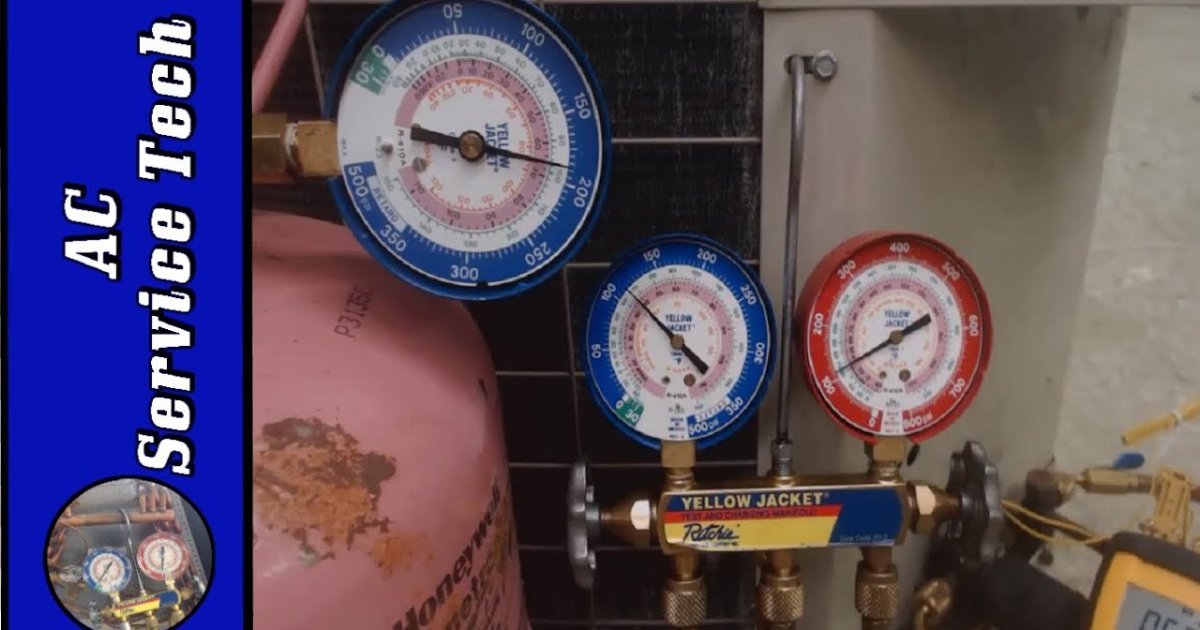Refrigerants are chemical substances used in air conditioning systems to absorb heat and generate cool air. They come in different types, each with its unique properties and uses. In this article, we will discuss the most common AC refrigerant types and their uses.
Chlorofluorocarbons (CFCs) R12
CFCs, also known as R12, were widely used in AC systems until the 1990s. However, they were phased out due to their harmful effects on the ozone layer. R12 refrigerants have a high global warming potential (GWP) and are no longer produced or imported in the United States.
Hydrochlorofluorocarbons (HCFCs) R22
R22 refrigerants, also known as HCFCs, replaced R12 as the primary refrigerant in AC systems. They have a lower GWP than R12 but still contribute to ozone depletion. The production of R22 refrigerants was phased out in 2020, and the remaining supplies will be recycled or reclaimed.
Hydrofluorocarbons (HFCs) R410a, R-32, R134a
HFCs, also known as Puron, are the most commonly used refrigerants in modern AC systems. They do not contain chlorine, making them environmentally friendly and safe for the ozone layer. HFCs have a high GWP, but newer refrigerants with lower GWP are being developed.
How to Determine the Right Refrigerant for Your AC System
To determine the right refrigerant for your AC system, you need to check the labels or stickers on your AC compressor and evaporator. They should indicate the type of refrigerant that your system uses. If you cannot find the label, consult your AC system’s owner’s manual or contact a professional HVAC technician.
It is important to note that using the wrong refrigerant can cause serious damage to your AC system. HFCs and HCFCs are not interchangeable, and using the wrong one can result in leaks, reduced efficiency, and even system failure.
Final Words
Understanding the different types of AC refrigerants and their uses is essential for maintaining your AC system’s efficiency and longevity. Always use the right refrigerant for your system and consult a professional HVAC technician if you are unsure. Remember that low refrigerant levels can cause your AC to blow warm air, so it is important to keep your system properly charged.
Recharging your AC system is a simple process that you can do yourself, but if you are not familiar with your car’s engine, it is best to consult a professional. By following these tips and using the right refrigerant, you can keep your AC system running smoothly and efficiently for years to come.




